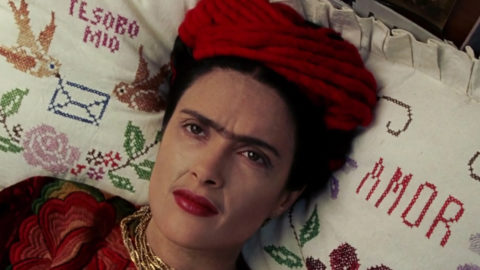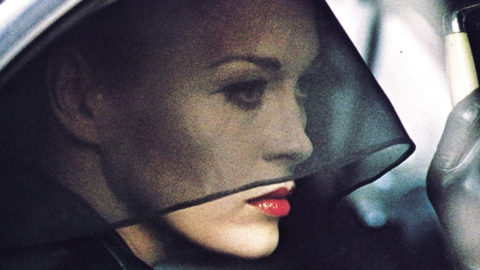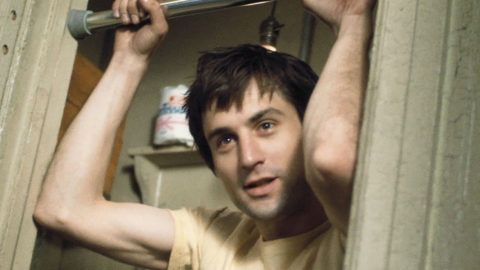By Violet Lucca in the January-February 2018 Issue
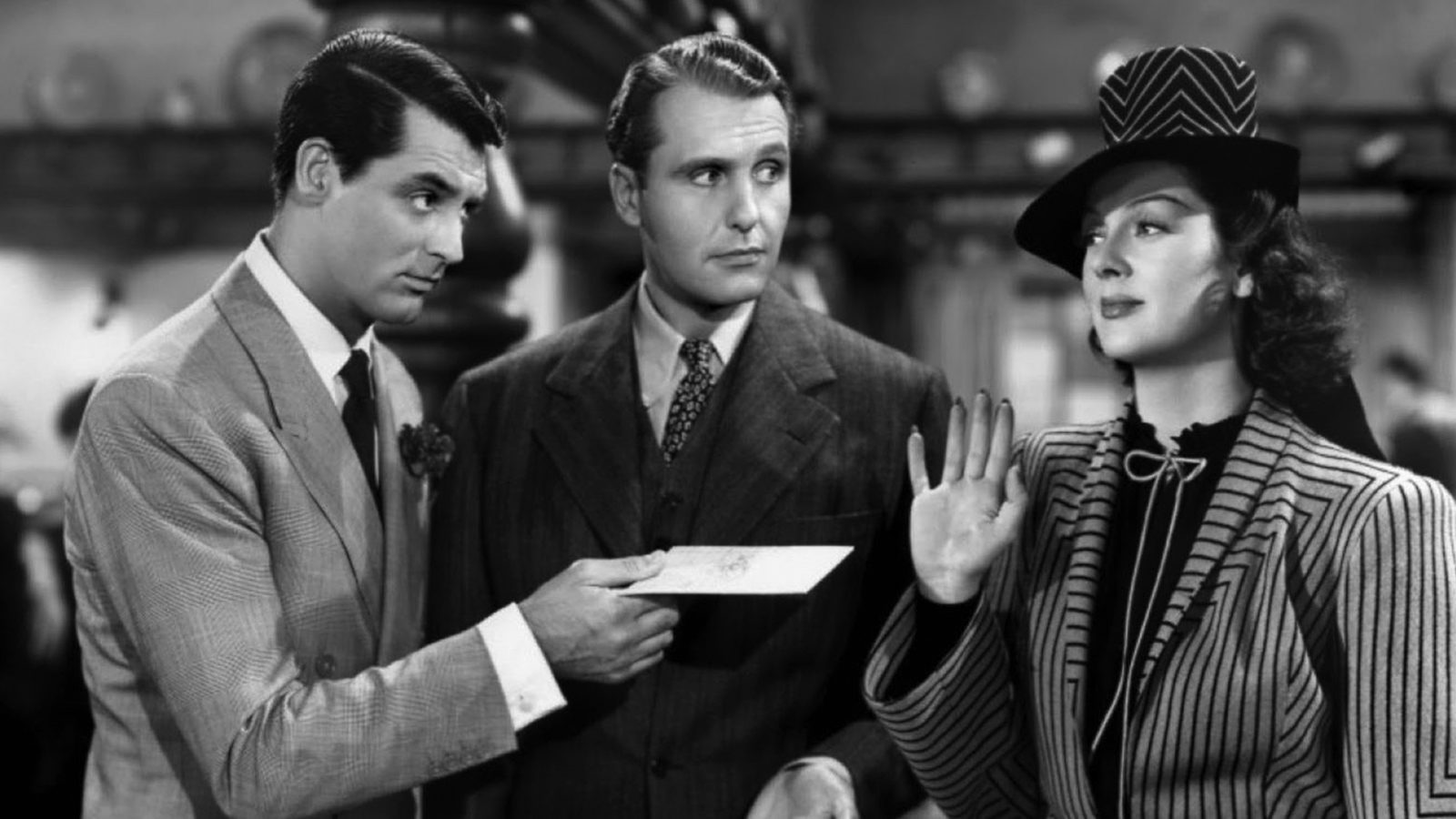
Beyond Awful
Reform following systemic abuse in the film industry requires more than outrage and token gestures
In a year that included a tax bill that threatens to push the country into feudalism, the last thing I want to write about is the flood of sexual harassment and abuse revelations about prominent men in media. It’s infuriating and sad to consider the women who continue to suffer professionally and emotionally because influential men they looked up to (or just had to work with) preyed upon them.
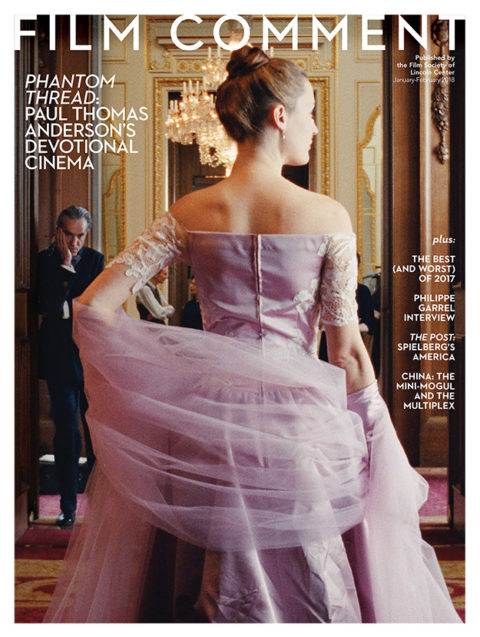
From the January-February 2018 Issue
Also in this issue
It’s also difficult to focus a critique on film in times like these because the entire world, not just the film industry, seems so ill-prepared to take it on in a way that’s meaningful and effective. Most attempts at self-regulation have failed. As David Bordwell’s dizzingly comprehensive book Reinventing Hollywood: How 1940s Filmmakers Changed Movie Storytelling demonstrates, Hollywood has always been a very small town, impacting how and what movies get made. The powerful try to reward, impress, or compete with their friends as much as possible, which means that attempts at diversifying a workplace often end once someone realizes they’ll have to look outside of their existing social networks.
Besides, the racism and sexism that has habitually plagued the industry cannot be fixed by simply sticking more minorities in the room and thinking the cream will rise to the top. One of the quieter but no less powerful aspects of Ruben Östlund’s The Square is how it reveals the worthlessness of a team that’s “diverse” in name only. Even though Christian’s black assistant Michael and a young, unnamed female associate are present at staff meetings, they have no true influence. Outside of these meetings, the “diversity” are tasked with shit work: Michael is rebuffed for not delivering a threatening note that was dictated to him by his boss, and is later charged with retrieving its belligerent reply; the woman occasionally does double-duty as security guard, watching over nearly empty galleries of meaningless and masturbatory installations created by male artists. Of course, her plight is a microcosm of the real world: inventors and “disrupters” are overwhelmingly male, and frequently misguided.
Dismantling the abuse and harassment in the film industry is also more complicated than simply firing a prominent man, legally prohibiting certain types of behavior, or banning an abuser’s films—we’re still deeply entrenched in a flawed mode of complicity, punishment, and reward. We must consider the mechanisms that have allowed such mistreatment to take place: non-disclosure agreements, what values our culture places on power, and what that power is expected to look like. Everyone hates a bully—except when his intimidation generates tons of revenue and wins awards. Harvey Weinstein’s vile behavior toward talent and staff was more often than not viewed as a return to the studio moguls of old—back when movies were great and Louis B. Mayer terrorized stars of all ages, ethnicities, and sexual preferences. Tyrannical behavior is in fact a shortcut to achieving a vision or goal; that it has been considered permissible (or even admirable) for so long is likely because we’re afraid of the people who insist that it is.
The effort involved in coddling and making excuses for cantankerous, “difficult” directors like Bryan Singer and David O. Russell could easily be shifted toward creating environments that are welcoming to those who are written off as non-starters and denied opportunities. Obviously, money and awards (which tend to generate more money) are a large part of this. “Foreign investors” are often blamed for disinterest in minority-starring or directed films, but where else but Hollywood could their biases about minorities come from? Offering different types of characters on screen is the first step toward achieving more equality throughout the rest of the industry. In an art form that foregrounds psychology as much as aesthetics, there needs to be something to draw new blood into film. What incentive do teenage girls have to be interested in film if the only bone they’re thrown is Wonder Woman, a film that simply tries to fit feminism into existing, flawed structures and defends World War I?
Far too often, the alternative to the “default” white male—particularly when they’re extra-aggressive—has been to turn a character originally written as a man into a woman. Aside from giving a false sense of progressiveness, just switching the pronouns merely sticks masculine flaws onto female bodies, making them even easier to hate. (Dear men: nobody hates women as easily and as much as other women do.) Both His Girl Friday and Our Brand Is Crisis, which originally centered on a male consultant, offer up driven leads that fight against burnout and their professional nemeses—except that Rosalind Russell independently beefed up her role by hiring a writer and improvising on set. That Russell was actively engaged in making Hildy Johnson just as smart as Walter Burns, a privilege that few actresses now or then could enjoy, has gifted us with a woman that endures. Although you may not want to grow up to be just like her, you respect the hell out of her—and that’s a good place to start.



